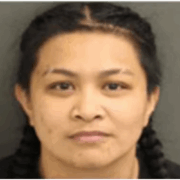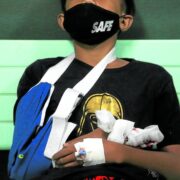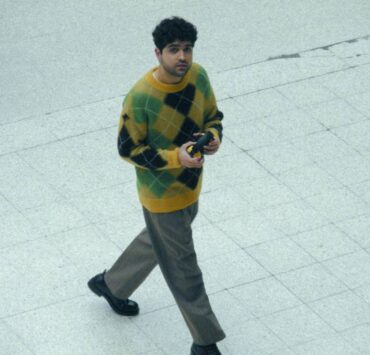Oasis comeback: Other bands that kissed and made up
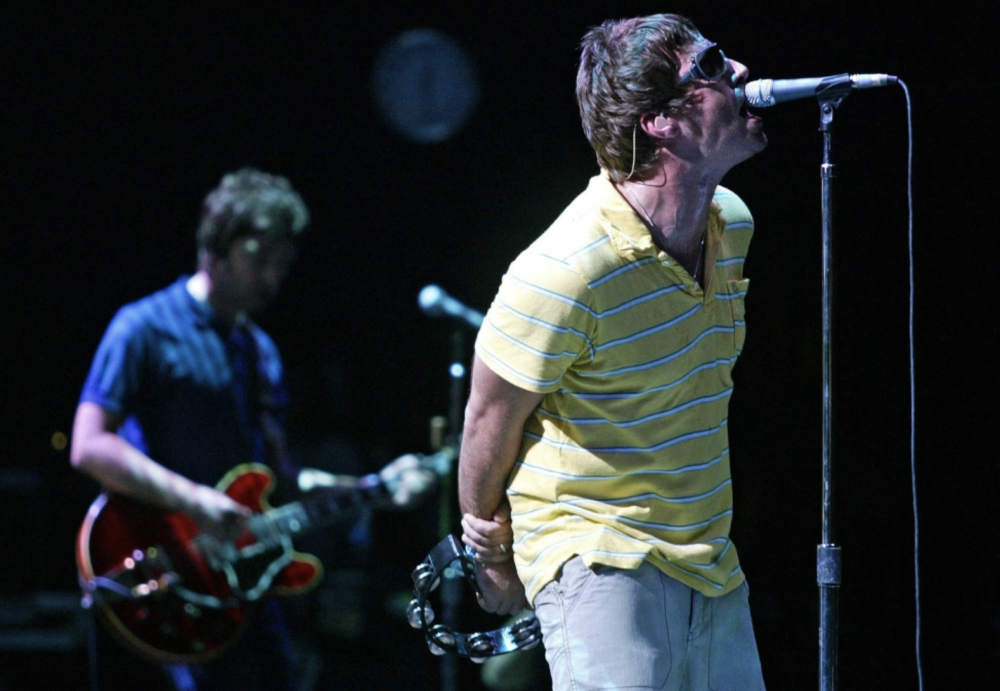
PARIS—From the Spice Girls to The Stooges and the Sex Pistols, British rock legend Oasis has joined a long list of groups that put past fallouts behind them to reform for reunion tours.
Here are a few notable comebacks:
Spice Girls, without Posh
The British 1990s girl band featuring Victoria Beckham, Melanie Chisholm, Melanie Brown, Geri Halliwell and Emma Bunton topped the charts in 22 countries with their debut “Wannabe” in 1996.
Halliwell left the group in 1998, leaving the four remaining members to produce the group’s third album “Forever” in 2000.
The pop phenomenon then split, but reunited for a world tour in 2007-2008.
The biggest surprise came with a performance at the London 2012 Olympics closing ceremony.

The comeback fanned rumors that French electronic group Daft Punk would reform for the recent Paris Games, though it was not to be.
The Spice Girls’ most recent tour in 2019 was missing “Posh Spice,” who has reinvented herself as a top fashion designer.
Nevertheless, for her 50th birthday this year, Beckham was filmed by her football star husband David in a choreographed dance routine with the four other Spice Girls.
The viral video published on his Instagram feed sparked renewed rumors.
Punk icons revived
“No future” became the angry cry of the 1970s punk movement with the Sex Pistols releasing their 1977 album “Never Mind the Bollocks,” featuring the hit song “God Save the Queen.”
The band unravelled in 1978 with the departure of lead vocalist Johnny Rotten in the midst of a chaotic US tour, followed by the death of the band’s emblematic bassist Sid Vicious the following year.
Rotten, aka John Lydon, has returned to the stage for periodic tours since the 1990s.
Iggy Pop, known as the godfather of punk, had set the foundation for the movement in 1969 with his band The Stooges and their first album of the same name, featuring the classics, “I Wanna Be Your Dog” and “No Fun.”
Drugs sabotaged the band, which parted ways in 1974.
But The Stooges were revived in the 2000s. The original guitarist Ron Asheton died in 2009, and it was the death of his drummer brother Scott in 2014 that silenced the band.
The Police
The Police with frontman Sting scored hit after hit from 1977 including “Roxanne,” “Message in a Bottle” and “Every Breath You Take.”
But by the mid-1980s, the British band stopped playing together due to tensions within the trio.
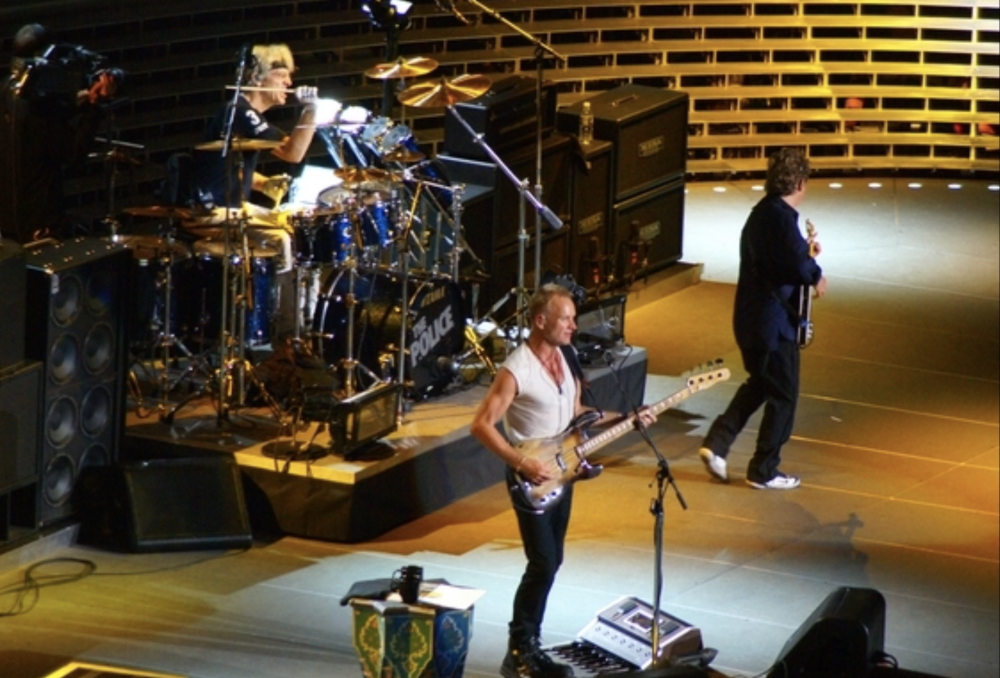
As they unravelled, drummer Stewart Copeland scrawled insults on the drums he played behind Sting’s back—although he later insisted it was just to motivate himself.
“We tore each other’s throats out in the studio, but those two came up with incredible stuff and we got on really well onstage, in the van, on the plane,” he recently told The Guardian.
“It’s a myth that Sting and I fought all the time. I broke his rib once, but we were play-fighting,” he added.
The drummer also revealed that band therapy was needed for their sole comeback in 2007-2008.
Pixies
Other rock legends like Tears for Fears and Guns N’ Roses were also able to put egos aside for a return to the stage.
But not all conflicts are surmountable.
Alternative rock greats the Pixies became an underground sensation in the 1980s and reemerged in the 2000s after disbanding at the height of their fame. Ultimately, however, bassist Kim Deal quit in 2013.
AFP is one of the world's three major news agencies, and the only European one. Its mission is to provide rapid, comprehensive, impartial and verified coverage of the news and issues that shape our daily lives.









